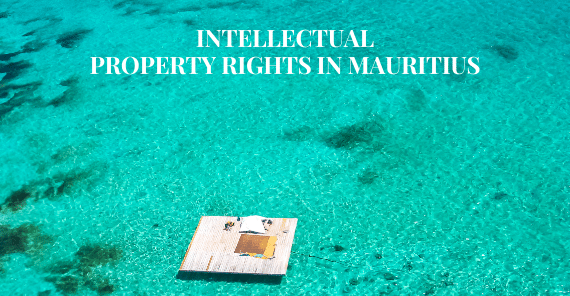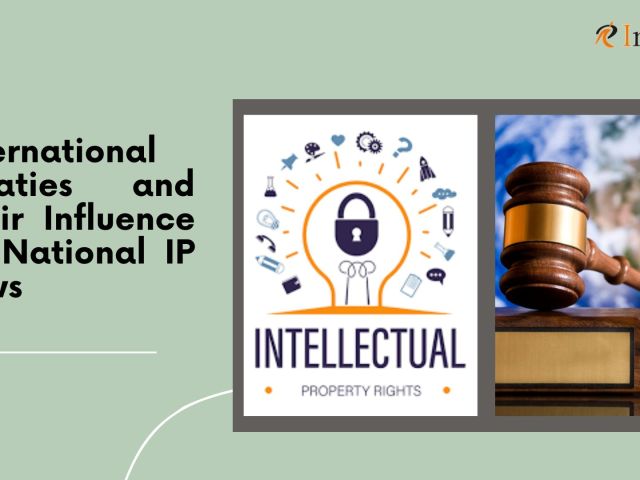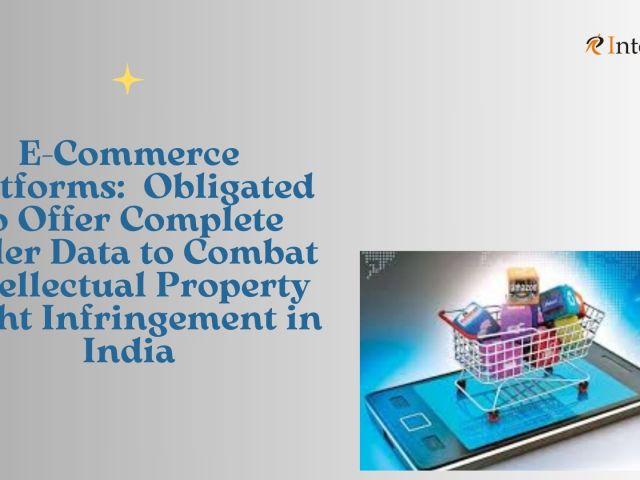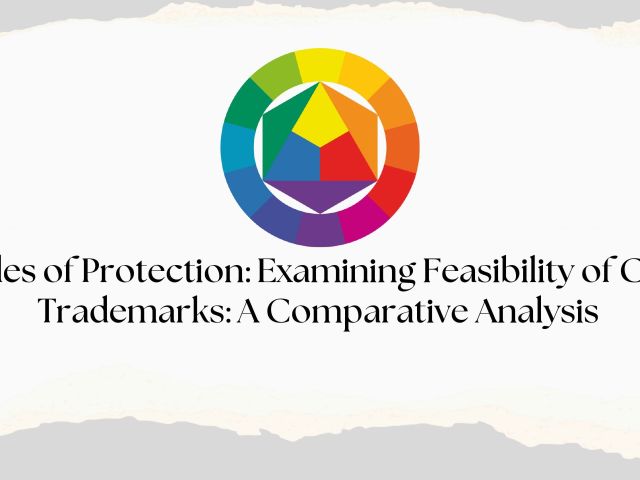Intellectual Property Rights In Mauritius
In the current persistent and exceptionally competitive business condition, Intellectual Property (IP) is absolutely critical concerning shielding and protecting one’s advantages and significant creations from being replicated. With no apprehensions, it, in reality, requires a great deal of exertion, time, and challenging work to come up with a novel thought and concretize it, because of which people and business firms need to guarantee their piece of work as their sole property. Possessing Intellectual Property Rights (IPRs) allows an individual or business firm to put limitations on utilizing or duplicating their inventiveness in any frame and further punish anybody engaged with Intellectual Property Infringement or violation.
As a prime individual from the World Intellectual Property Organization (WIPO) and signatory to the Universal Copyright Convention, the Paris Convention for the Protection of Industrial Property, and the Berne Convention, Mauritius targets ensuring the novel manifestations of the human psyche. It even gives upgraded motivating forces to people to participate in developing and forming novel thoughts. By perceiving IP as an undeniably significant economic resource, Mauritius continues moving towards building a knowledge and information-based economy.
Intellectual Framework enactments in Mauritius
In Mauritius, the legislative structure for IPR enforcement initially accommodated the security of copyrights, brand names, and licenses, with the Patents Act 1875, the Trademarks Act 1868, and the Copyright Act 1986 being the most established enactment. The IPR enforcement instrument went in a different direction in 1995 when the TRIPS (Trade-Related Aspects of Intellectual Property Rights) Agreement of the World Trade Organization happened. To adjust the nation’s legislation to the standards and commitments set down in the TRIPS, new pieces of enactment ad legislation were embraced, in particular: –
The Copyright Act 2014;
The Copyright (Amendment) Act 2017;
The Patent, Industrial Designs and Trademarks Act 2002;
The Protection against Unfair Practices, Industrial Property Rights Act 2002;
The Layout Designs (Topographies) of Integrated Circuits Act 2002;
The Geographical Indications Act 2002.
While IP enactment in Mauritius is steady with global standards, implementation is moderately weak. As per a main IPR law office, the specialists will typically make a move in situations where the IPR proprietor has an official agent in Mauritius on the grounds that the courts require a delegate to affirm that the items seized are fake or, in any case, lawfully hazardous. The Customs Department requires proprietors or authorized clients of patents, industrial designs plans, marks, or copyrights to apply in writing as a hard copy to the Director-General to suspend leeway of any dubious or suspicious goods. When an application is accepted, it stays legitimate for two years.
The different forms of Intellectual Property which can be well-protected under these Intellectual Property Protection Acts in Mauritius
Trademark;
Patent;
Copyright;
Industrial Designs;
Geographical Indications;
Layout Designs of Integrated Circuits.
Industrial Property Act, 2019
The Industrial Property Bill was received by Parliament on 30 July 2019 and turned into an Act on 9 August 2019. It is a combined Act enveloping all various components of Industrial Property, specifically, Patents, Trademarks, Industrial Designs, Utility Models, Plant Varieties, Geographical Indications, and Layout Design of Integrated Circuits. The goal is to have a comprehensive way to deal with the administrative structure overseeing IP in Mauritius and to accommodate the security of the apparent and various parts of IP.
The extent of the Industrial Property Act is more significant in nature since extra intellectual property rights, for example, utility models, new plant assortments, geographical indications, and layout designs of integrated circuits, are secured and will be ensured.
The Act additionally made provision for Mauritius to hold fast To WIPO regulated Treaties, in particular:
The Patent Cooperation Treaty (PCT) for the global enlistment of Patents;
The Hague Agreement for the global enlistment of industrial designs; and
The Madrid Protocol encourages the enrollment of Trademarks.
Such an enactment would encourage speculation and promote Mauritius as a business stage, giving the nation a head start in the region.




